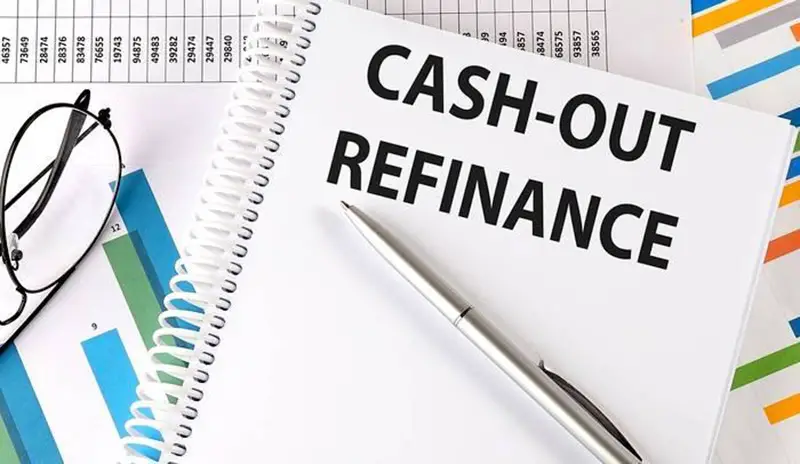Click here to get this post in PDF
When it comes to holiday homes in the USA, a trend cannot be overlooked, especially among Europeans:
The share of so-called cash-out refinancing is rising sharply. More and more often, cash-paid, unencumbered properties are subsequently borrowed to have the capital available for further investments. As a result, more and more international investors are buying real estate in the USA, half of which pays in cash. The result: With them, the capital in the respective properties is tied up, and liquid funds are eventually used up. However, the other half of investors can continue to invest with the help of financing.
Cash out refinance commercial property is an increasingly popular means of remaining liquid: cash-paid, unencumbered real estate is subsequently borrowed, and the money paid out by the bank is reinvested in the American real estate market. In the case of further real estate acquisitions, it is therefore not necessary to exchange fresh capital procured from Europe for dollars at a possibly unfavorable price. There is a clear separation of US involvement and domestic business.
If financing has already been registered on the property in the past, two decisive advantages can be combined in this way: a) The existing loan amount can be replaced at more attractive conditions if necessary and b) the now certainly increased market value in most cases can be exhausted to the mortgage lending limit and then withdrawn from the object with additional capital. With a strong US dollar, an additional profit can be made when exchanging the cash-out money for euros. The capital raising costs as well as the interest can be credited pro rata in the US tax return. The return is easy to calculate due to the single currency of income (rent) and expenditure (credit). US loans can be partially or completely repaid at any time without incurring penalty interest. This grants maximum flexibility and independence. Financing, therefore, always makes sense – with regard to the exchange rate, tax aspects, return options, flexibility and much more.
In order to obtain the best conditions for your financing, you should consider the following eight points:
1. OBJECT: Whenever possible, always finance the first house you buy in Florida. You will then receive the cheapest interest and the maximum mortgage lending amount.
2. TIME: It is best to always finance at the time of purchase, instead of first paying in cash and lending afterwards. It is important to include payment periods in the contract as long as possible.
3 DOCUMENTATION: You will receive the best financing conditions if you fully document your income, financial circumstances, etc.
4. EQUITY: An important point is the timely provision or documentation of your equity (at least 25 to 30 percent). The earlier you can provide proof, the greater your selection of eligible banks.
5. INTEREST: Ask for variable interest rates. All variable-interest mortgages also provide for a certain fixed interest rate. Interest rates are lower than in the case of fixed interest rates. The average length of stay of a second home in the US is 5 to 7 years.
6. OWNER: You will always receive the largest selection of credit programs and the best conditions if you do not buy and finance privately on behalf of a company.
7. OBJECT: If you own several houses, it is best to borrow the most valuable property. Not only can you apply for a larger loan due to the higher mortgage lending value, but banks usually generally grant better conditions for more expensive properties.
For more information, follow https://lendingbeeinc.com/loan-programs.
8. REAL ESTATE PORTFOLIO: Simultaneous financing of several properties is also possible as an alternative to individual financing. Here, the interest rates are often slightly higher, but there are only one closing costs.
It is best to inform yourself about your individual financing options as early as possible. The more information you provide to your banker or broker in advance, the more targeted and detailed they can put together the right financing offers for you.
You may also like:

